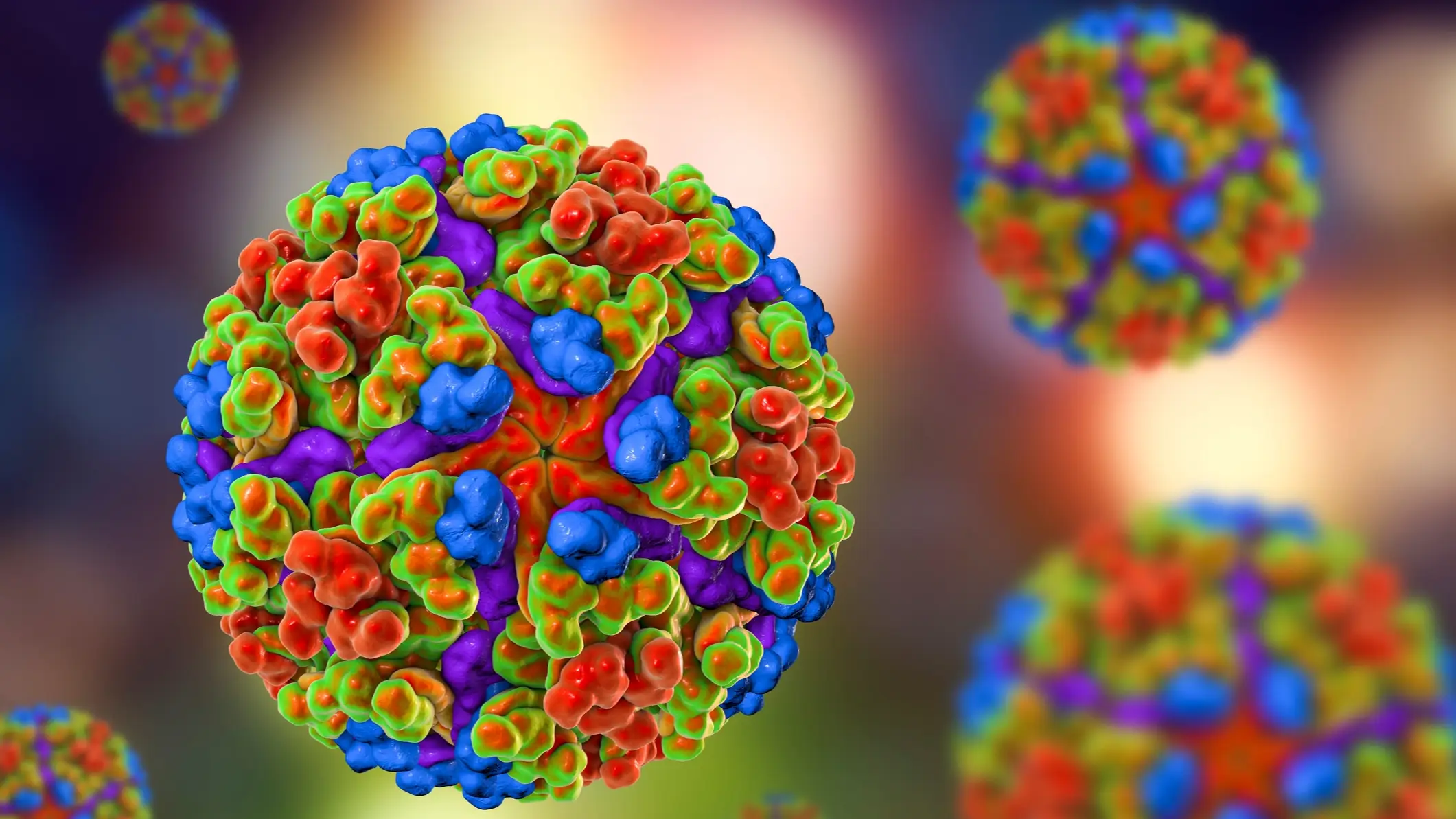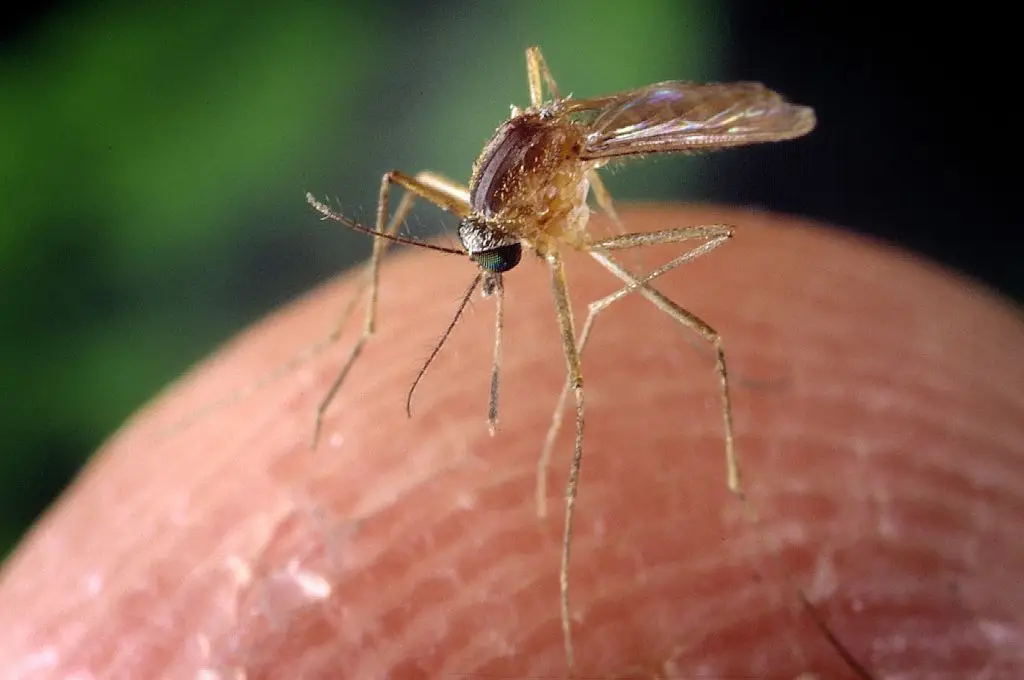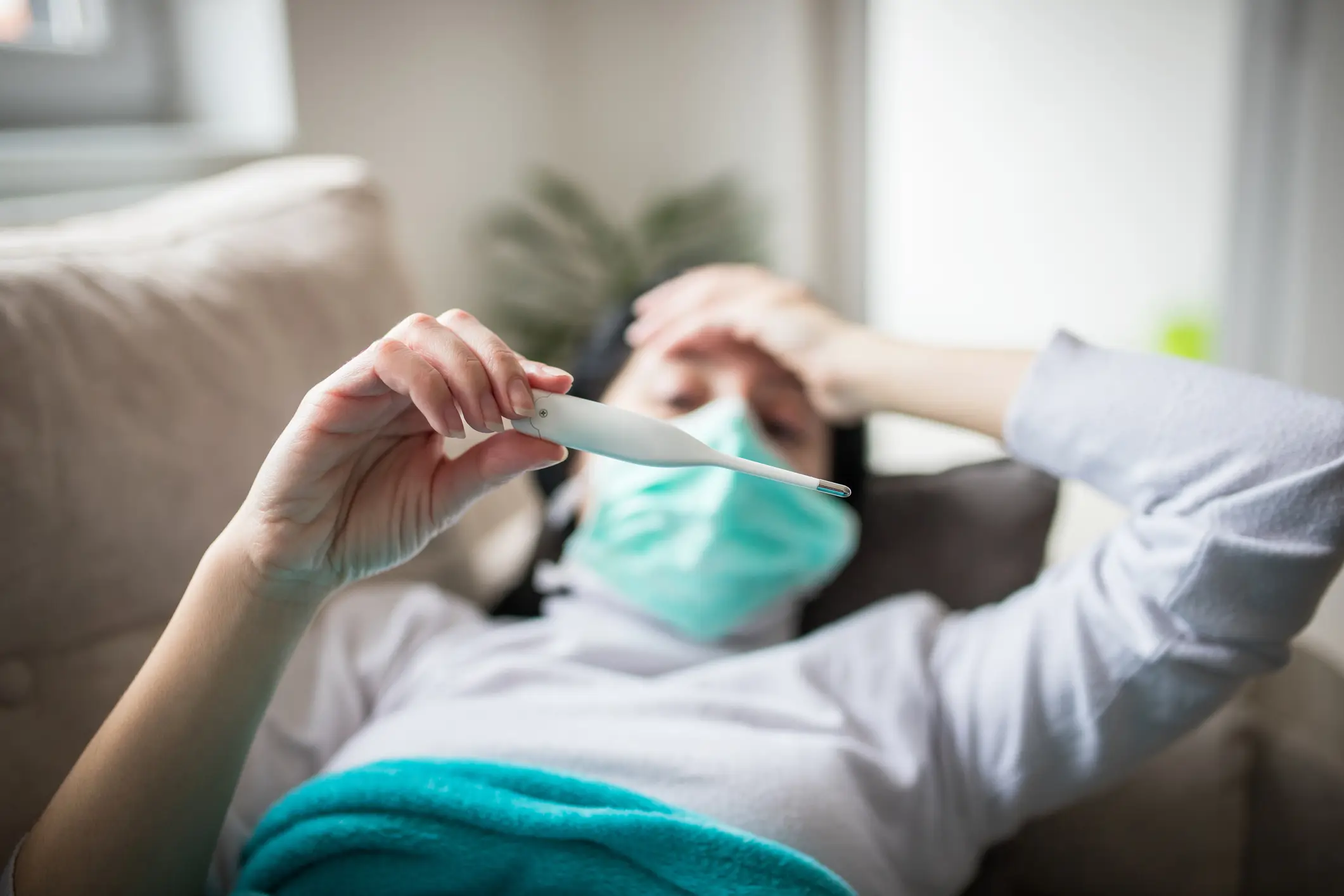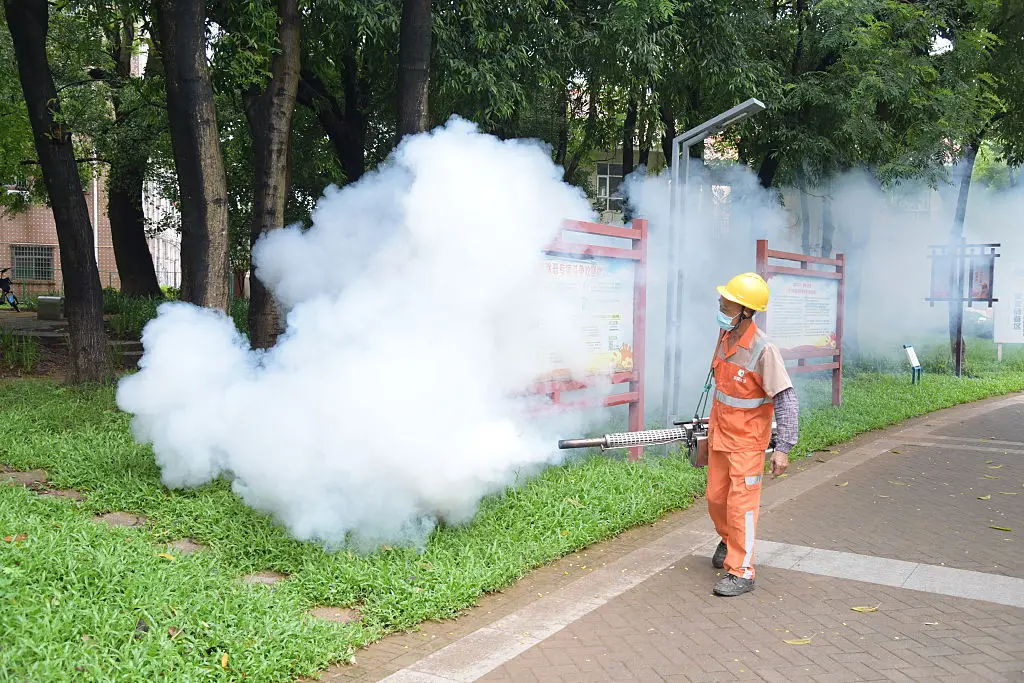
A province in China has instated COVID-like measures after reporting 7,000 cases of Chikungunya virus.
People across 13 cities in the Guangdong area have been infected with the mosquito-borne virus.
The city of Foshan, located northwest of Hong Kong, appears to be the epicenter of the outbreak.
Patients must stay in hospital, protected by mosquito nets, and can only leave once they've tested negative for the virus, the BBC reports.
Advert
China recorded almost 3,000 cases in the province in the last week alone. The province's population is 127.06 million, according to figures from 2023.
A 12-year-old boy became the first confirmed case in Hong Kong in July after returning from Foshan, reporting a fever, rash and joint pain.
The US has advised people traveling to China to proceed with caution.
Here's everything we know about Chikungunya virus and how China has responded so far.
What is Chikungunya virus?

Chikungunya virus is spread via the bite of an infected mosquito. It isn't contagious, so can't be passed on from human to human.
The World Health Organization explains it's an RNA virus in the alphavirus genus of the family Togaviridae.
Its name, chikungunya, derives from a word in the Kimakonde language of southern Tanzania - where the virus was first identified in 1952 - meaning 'that which bends up'. It describes the appearance of infected people who experience severe joint pain.
Infections have been recorded across Africa, the Americas, Asia, Europe and islands in the Indian and Pacific Oceans.
Newborn babies and adults over the age of 65 are most at risk, as are those with health conditions including high blood pressure, diabetes or heart disease
What are the symptoms of Chikungunya virus?

Chikungunya symptoms are generally similar to other dengue and Zika viruses, making it difficult to diagnose.
Common signs including a 'abrupt onset' of fever, as well as headache, muscle ache and rash.
Chikungunya virus might also manifest as joint pain and swelling, the CDC explains.
While most patients feel better within a week, joint pain can persist for months and can be 'severe and disabling'.
The World Health Service adds that patients with severe diseases may be hospitalized due to the risk of organ damage and death.
However, fatalities from the virus are rare.
Chinese authorities have said cases of the virus reported so far have been mild, with 95 percent of patients discharged from hospital.
What measures has China implemented?

China has taken a number of steps to battle the onslaught of Chikungunya virus cases.
The World Health Organization advises that the best way to prevent spread is to eliminate breeding grounds for mosquitoes - specifically pools of stagnant water. So, residents told to get rid of sources in their homes, including flowerpots, bottles and coffee machines.
If they fail to do so, they'll be fined up to 10,000 yuan, or $1,400.
Drones are even being deployed to help locate stagnant water from above.
Large, genetically altered mosquitoes known as 'elephant mosquitoes' have also been released
Droves of so-called elephant mosquitoes - large, genetically altered bugs - have been released in hopes that they eat the smaller, virus-carrying mosquitoes.
And if that doesn't do it, then hopefully some of the 5,000 mosquito-eating fish introduced into lakes in Foshan will.
Sanitation workers have also been spotted spraying insecticide in an attempt to curb infection rates.
Cities surrounding Foshan had ordered travelers to undergo a two-week home quarantine - reminiscent of similar Coronavirus restrictions.
This requirement has since been dropped, however.
Topics: China, Health, World News, Chikungunya virus